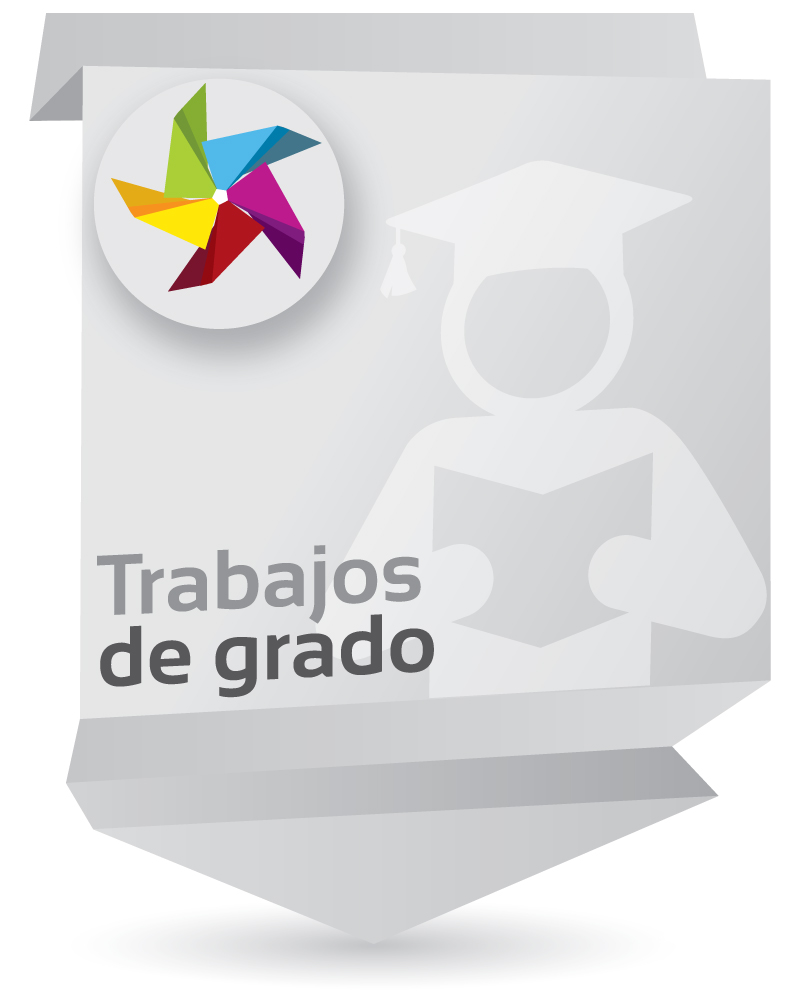Peer/micro-teaching sessions and self-monitoring in pre-service teachers’ oral accuracy
Enlaces del Item
URI: http://hdl.handle.net/10818/43041Compartir
Estadísticas
Ver Estadísticas de usoMétricas
Catalogación bibliográfica
Mostrar el registro completo del ítemAutor/es
Gómez Fiquitiva, Adriana MarcelaAsesor/es
Llanes, Juliana PatriciaFecha
2020-08-18Resumen
Oral accuracy plays an important role in language learning (Bygate, 1996), especially for English language pre-service teachers. Previous research has shown the effectiveness of peer teaching and micro-teaching in various English programs with positive effects on the development of oral and teaching skills (Kilic, 2010; Knop, 1980; Remesh, 2013; Yan & He, 2017). However, little attention has been given to the use of peer/micro-teaching to improve language skills, and even less attention has been given to the development of oral grammatical accuracy in pre-service English teachers. The present action research study aimed to identify how the use of peer/micro-teaching sessions and self-monitoring influenced the participants’ abilities to use the target language accurately in oral tasks. Following a mixed-method and experimental approach, data was gathered using: a structured and a semi-structured interview, two questionnaires, a journal and field notes from a group of 16 pre-service teachers (A2) majoring in English and French language teaching at a private university in Bogota. Data collected was analyzed by using initial and axial coding which allowed the researcher to find that peer/micro-teaching sessions and self-monitoring helped pre-service teachers reduce their errors in oral tasks, start using more complex tenses, and become aware of their intelligibility.













![pdf [PDF]](/themes/unisabana//images/mimes/pdf.png) Ver documento en PDF (1.431Mb)
Ver documento en PDF (1.431Mb)




